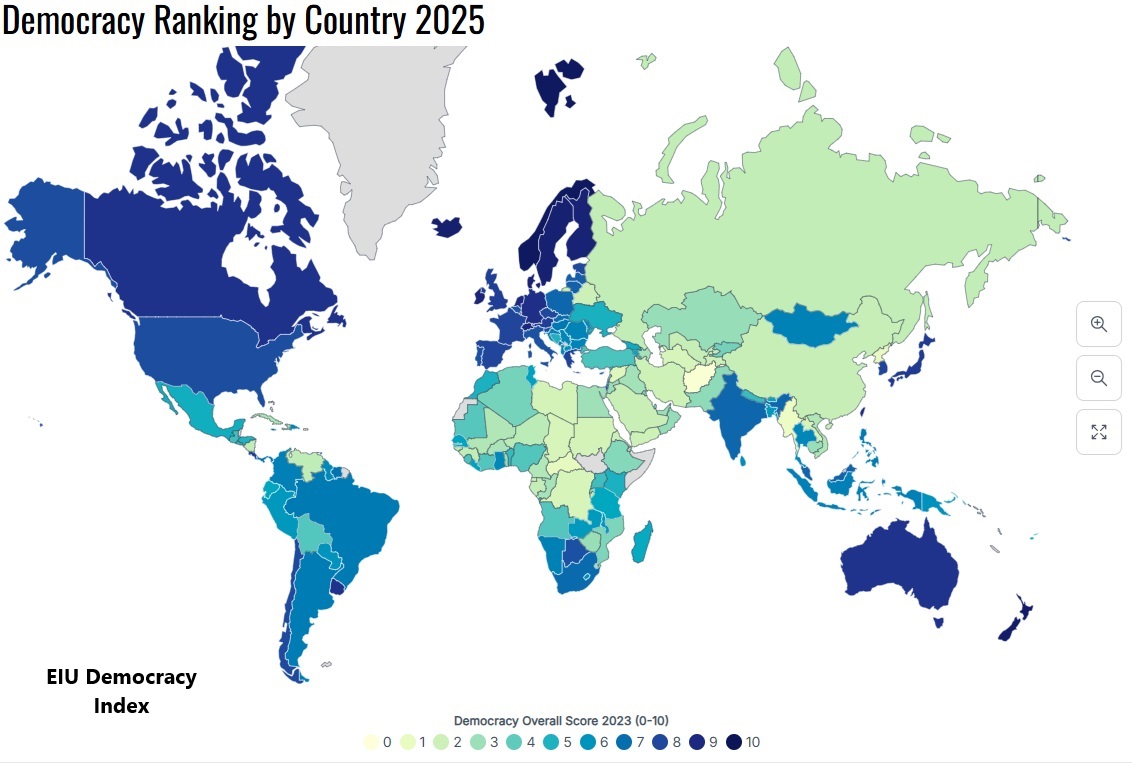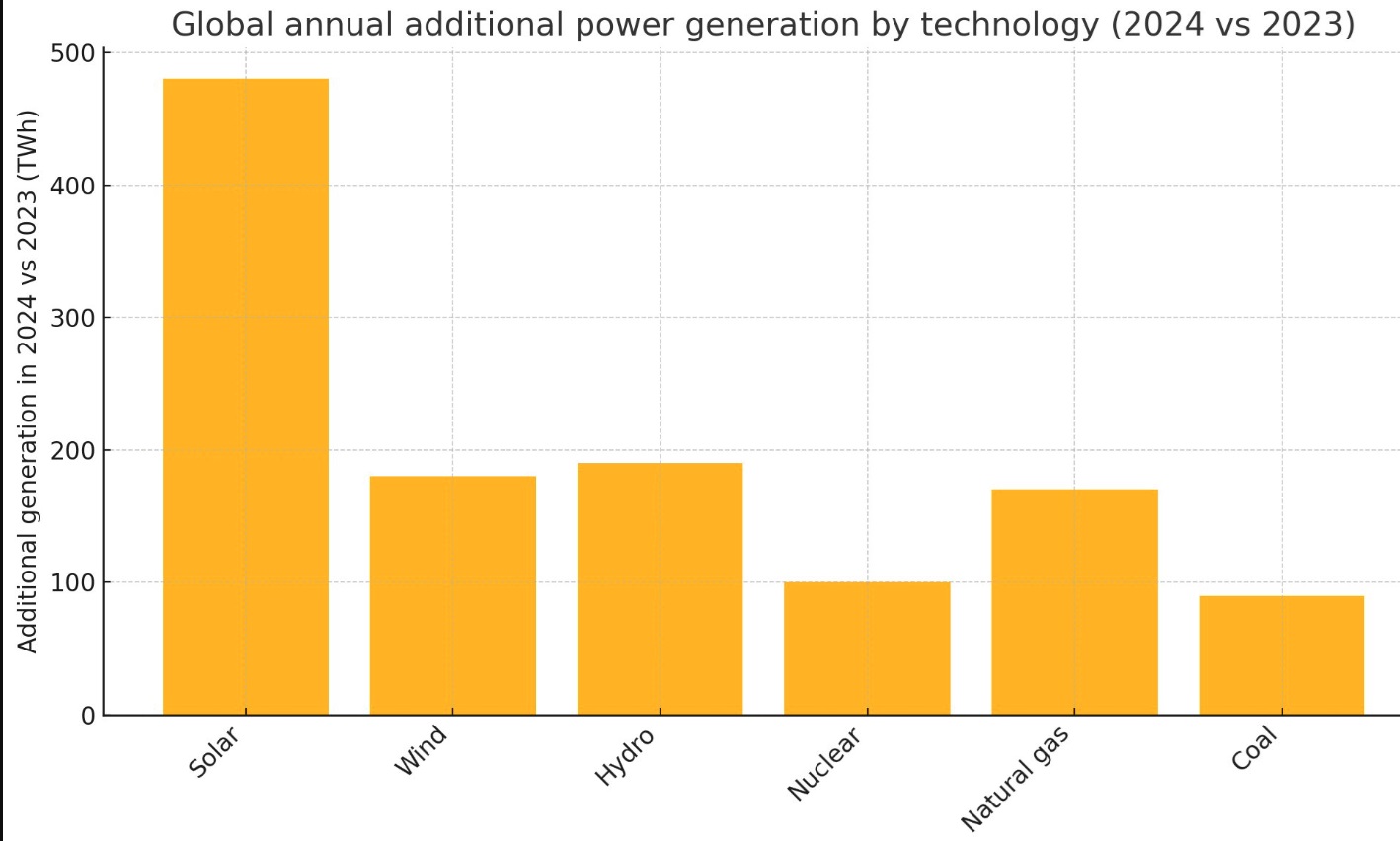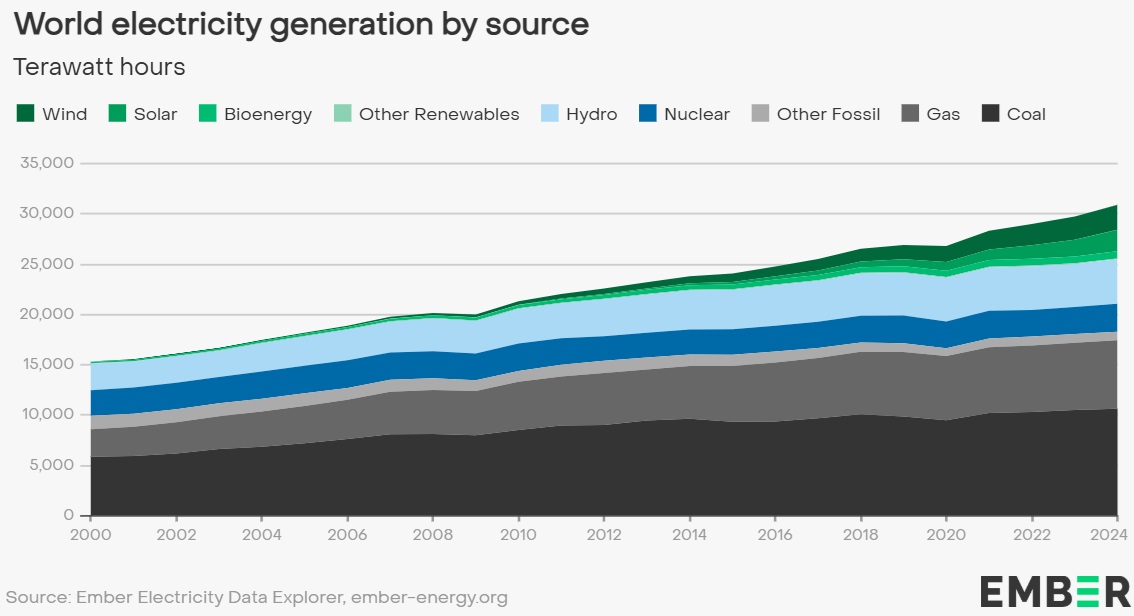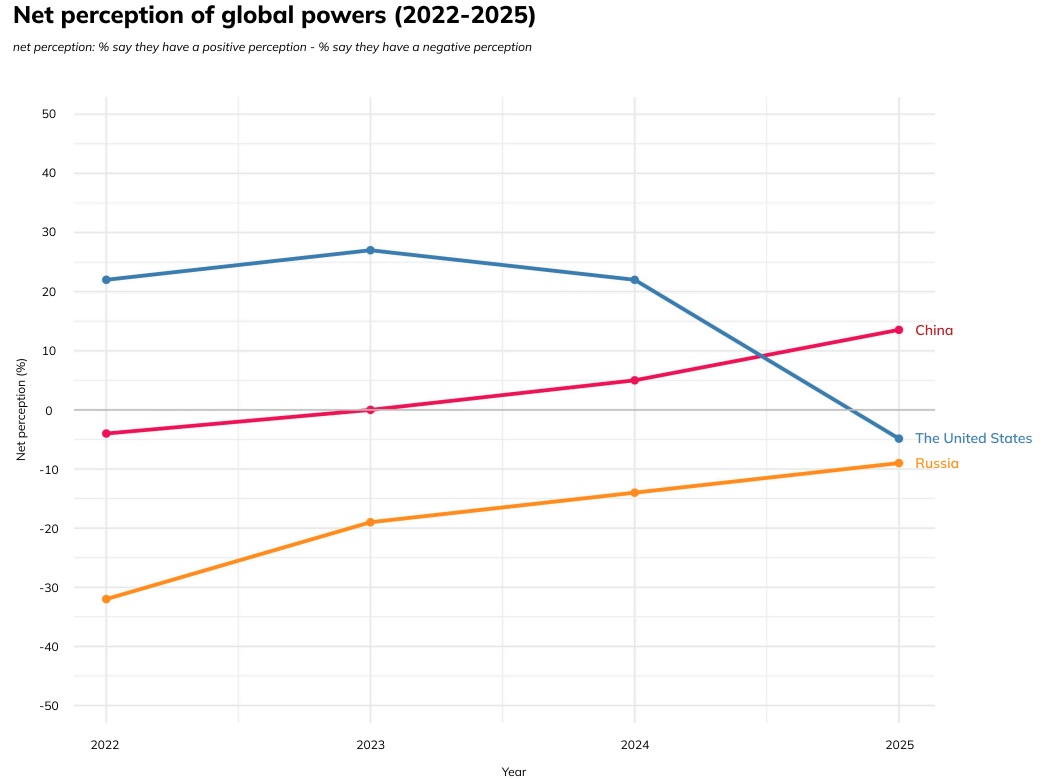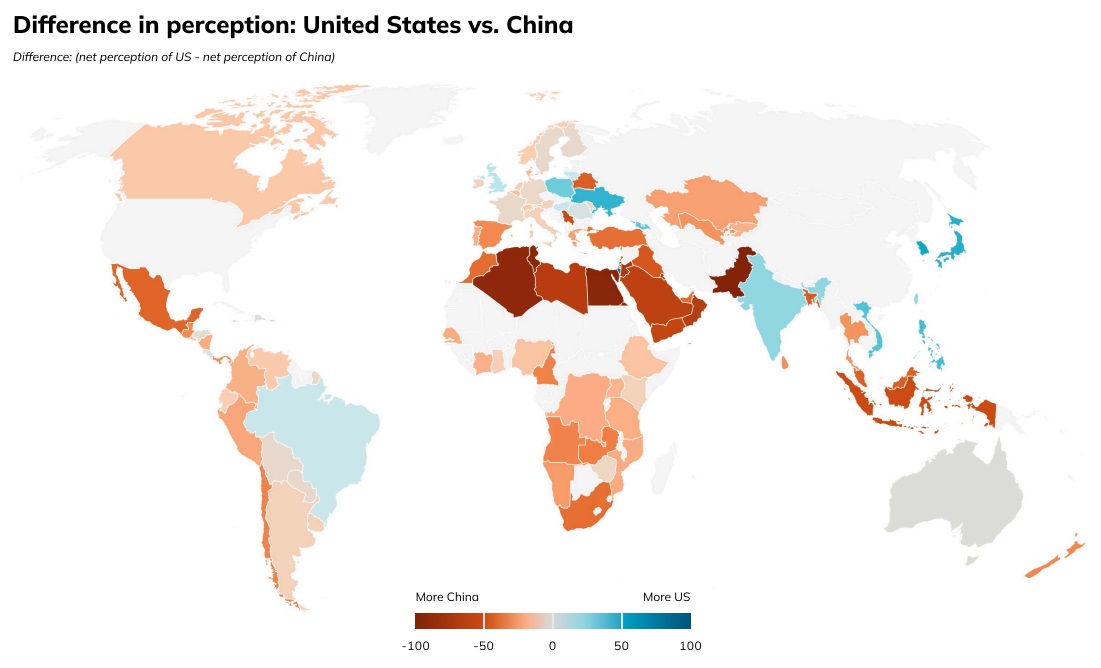It is easy to complain. We do it all the time. This is despite the fact we are relatively lucky. We guess and hope that you are too. We thought of this the other night while watching a Mariners game (who historically are not lucky at all) on our TV and an NBA playoff game on our iPad while texting with friends on our phone. We are lucky to a) have time at night to engage in such leisure; b) have technology that allows us to watch and communicate so easily; and c) to have the money to afford all this; among many other things for which we are lucky. But we can assure you we will complain despite all this luck, including about NBA officiating, Mariners’ losses and a host of other items. We saw someone on X (we complain about the name change) complaining about working a desk job, having to lift weights, getting a dog, driving an SUV, and a bunch of other mundane things. He writes, “Is this the dream or just a life we were sold?” His great grandparents, if they were still alive to see the life he is leading, would whack him on the side of his head with a horse bridle for being such an ungrateful lout. So we pause to give thanks for our life, including the luckless Mariners, as we complain about India censoring the news, increasing coal use and China’s rising popularity. It’s this week’s International Need to Know, the fun group text of international information, the sabermetrics of global data.
Without further ado, here’s what you need to know.
Which Way India?
Keen readers (Editor: all our readers are keen. Me: Our editor is a suck up) know we have been writing that what happens with India will go a long way in determining whether the 21st century is a peaceful and democratic one. That means India needs to continue developing economically. It also needs to maintain its status as a successful democracy, the most populous one in the world. Under Modi, some have worried about its democratic trajectory. The most recent conflict with Pakistan is providing additional opportunities for concern on this front. Last week, in the midst of the military back and forth with Pakistan, Tech Radar reported India “issued executive orders to X, asking the social media company to block over 8,000 accounts across the country. The targets, X explains, include accounts belonging to international news organizations and prominent X users.” These reports come from a long post by the Government Affairs account of X. In that post, X asserts, “In most cases, the Indian government has not specified which posts from an account have violated India’s local laws. For a significant number of accounts, we did not receive any evidence or justification to block the accounts.” We are not particularly inclined to take everything X claims as fully accurate. We’re also not inclined to believe everything Modi’s government, or any government for that matter, says. We hope someone can get to the bottom of this and we continue to hope India can be a democratic model for the 21st century. The world sorely needs it.
For those of us not fluent in the history of India and Pakistan, the Washington Post has a fairly concise and useful analysis:
Solar Soaring But More to Do
We have some good news and we have some bad news. Let’s start with the former. When folks around the world are installing new energy generation, it is overwhelmingly solar, as you can see in the first chart below. Solar power generation from 2023 to 2024 increased at five times the rate of new coal and about three times the rate of natural gas. We don’t have pro-rated figures for 2025 yet, but we bet we’ll see similar results. Even if the U.S. government is turning its back on solar, places like Texas, not a center of liberal climate change policy, continue to install huge amounts of solar. And, of course, the rest of the world, especially the developing world, is more important than the U.S. for the trajectory of climate change. But these countries are all installing more solar for the simple reason it’s more economical than coal and other fossil fuels. So what’s the bad news? Well, as you can see from the second chart below (both charts from Ember), solar (and wind) are still a relatively smaller share of global energy generation. And even though their share is increasing relative to coal, coal generation is still increasing, albeit at a much slower rate. However, we need to start seeing generation of energy from coal begin to decrease, not just as a share of total energy generated. Will we soon reach peak coal? We guess sometime before the end of the decade. As solar costs continue to fall, and as battery storage improves, solar will ultimately win. But let’s hope that happens sooner than later.
China Corner: China’s Going To The Prom
For years data showed China becoming less and less popular. But Nira Data, which each year publishes a Democracy Index, points out that China is becoming more popular. In fact, among Russia, China and the United States, China is the most popular. As you can see in Nira’s chart below, China’s popularity has been increasing since 2023. Strangely so has Russia’s. U.S. popularity has been declining since 2023. Nira also claims that “In Europe, net perceptions of China are often higher than those of the U.S., particularly in Western Europe.” Further, Nira claims three quarters of countries have a higher opinion of China than the U.S. Nira’s latest survey was completed in the spring of this year and polled at least 1000 people in each of 100 countries. We can understand the popularity of the United States declining this year, and perhaps even China increasing in popularity by comparison. But we’re confused why this trend began in 2023. It’s important to note, as Nira does, that “In some countries surveyed, the government plays an active role in shaping public opinion and/or has policies in place that restrict freedom of speech around certain topics. This can have a strong influence on the survey results.” Even so, China’s rise in popularity around the world is worth considering.

